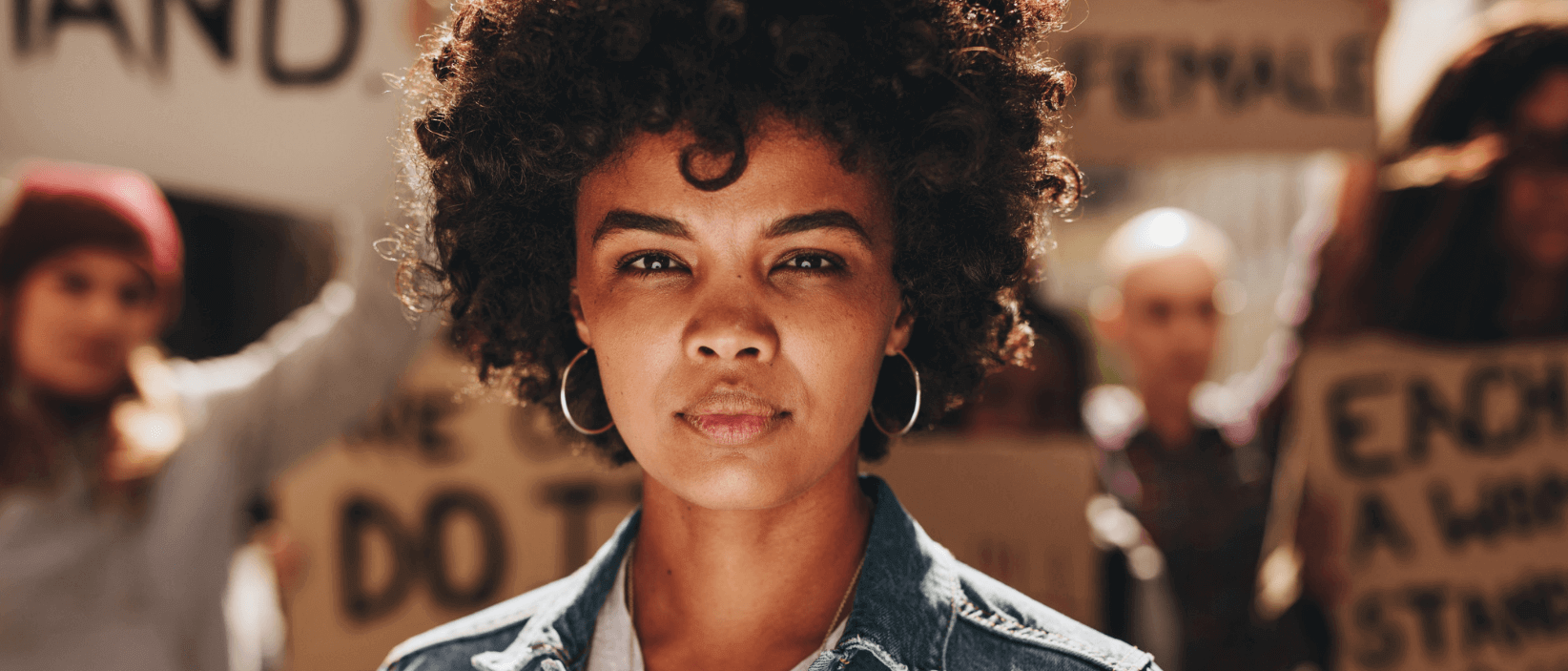EPA Takes First Major Step Towards Establishing A National Green Bank To Accelerate Equitable Green Transition
February 14, 2023
Washington, D.C. – Today, the Environmental Protection Agency (EPA) announced a $19.97 billion General and Low-Income Assistance Competition which will award competitive grants to nonprofit entities to remove funding barriers for clean energy projects – especially in low-income communities. This is a major step towards creating a national green bank – something that Dream.Org called on the Biden Administration to do with the $27 billion of the Greenhouse Gas Reduction Fund (GGRF) dollars included in the Inflation Reduction Act (IRA). The announcement comes after over 2,500 public comments from Dream.Org supporters who urged that at least $20 billion of that funding be used for the creation of a national green bank as the best way to ensure that marginalized communities who are frequently left out of new investment opportunities have the chance to benefit from the growing green economy.
Built on a model that is already working in multiple states, a national green bank will encourage investment in underserved communities by removing perceived financial risks associated with green projects, and multiplying the impact of government grants by attracting private investment to capitalize on the initial government grant. State and local green banks have already proven to be an enormous success, like the Solar Energy Loan Fund in Florida that leveraged a $3 million government grant to provide $30 million in financing for green home improvements. Of these projects, 74% have benefited low-to-moderate income individuals and their families.
“For too long, the communities most likely to experience climate impacts like floods, storms, pollution, and extreme weather have been the last to benefit from new infrastructure or green spending. That is why we have called for a national green bank that will reduce risk and encourage more economic opportunity in these areas,” said Jessie Buendia, Green For All National Director at Dream.Org. “A national green bank is the single best tool for ensuring that the solutions to climate change become opportunities to invest in communities most impacted by it. But first, we have to integrate equity into the bank’s design to ensure that disadvantaged communities will be the first to benefit from these funds – something we are excited to be working with the administration on.”
“Already, $15 billion of the $27 billion Greenhouse Gas Reduction Fund is earmarked for disadvantaged communities under the Biden Administration’s Justice40 pledge,” continued Buendia. “But Dream.Org is pushing for even more aggressive equity commitments as funds are distributed so that these communities are set up for success and are able to take part in the green economy. A centralized federal financial institution holds promise for removing barriers that have traditionally restricted investment in under resourced communities.”
Unlike a traditional grant program which would require numerous applications to the federal agency, the centralized National Green Bank will reduce the need for stakeholders in disadvantaged communities to assemble project teams and develop robust proposals for clean energy projects. Instead, administrators of the National Green Bank will be held accountable for working directly with these communities to align local priorities with the resources that are being deployed.
“Historically, underserved communities have not only been cut out of green government funding, but they also haven’t had a seat at the table when these decisions are being made,” said Geri Yang-Johnson, Transformative Communities Director at Dream.Org. “As the new National Green Bank and its governing structures are formed, we are dedicated to ensuring that robust community engagement measures are implemented before green projects deploy in frontline communities. No one knows what these communities need better than the communities themselves, which is why we are working with local communities through our Transformative Communities Program and have created a Green Business Council Network of minority entrepreneurs and CEOs in the green space who can help ensure this money is going where it is most needed.”
“As a leading voice for climate equity, Dream.Org celebrates today’s decision as a major step towards achieving ambitious goals that are needed to mitigate the worst impacts of climate change,” said Dream.Org CEO Nisha Anand. “However, the work of ensuring that the National Green Bank delivers on equity commitments and engages communities in the process is only just beginning. Dream.Org will continue to work with the EPA and a diverse coalition of partners to advocate for those most impacted by climate to be the first to benefit from solutions. And we are grateful to the Biden Administration for their partnership and commitment to making the benefits of the green economy accessible to all.”
